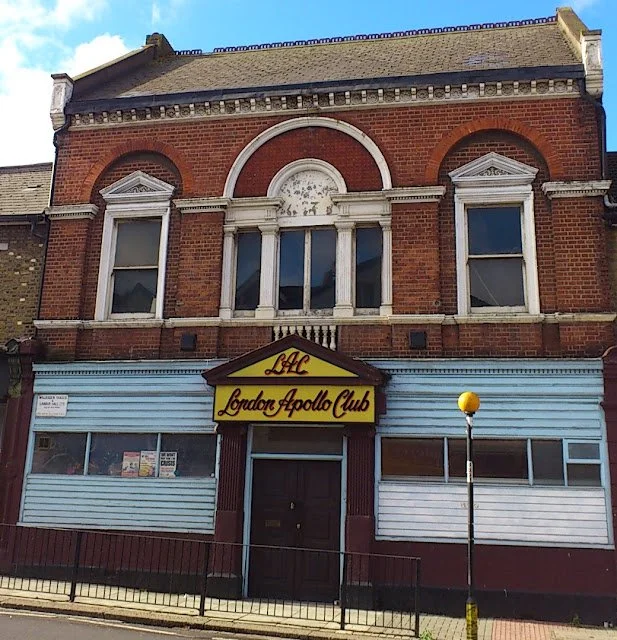Willesden Trades Hall & Apollo Club
A historical and cultural gem in the heart of Willesden turned 100 in September 2022.
The building’s rich history as the Willesden Trades Hall started when it was bought by Willesden Trades and Labour Society in 1924, and has played a crucial role in the political, economic, and social history of Willesden ever since. In later life, the ground floor of the building was better known as the Apollo Club, becoming a treasured cultural and community venue for the Afro – Caribbean community.
Sylvia Pankhurst c.1920s - Courtesy: Hulton Archives
In 1969 the part of the building was renamed the Apollo Club, a ground floor venue for reggae and West Indian music which, over the years, attracted famous musicians including John Holt, Elton Ellis, Gregory Isaacs and Bob Marley.
The building continues to hold a special place in the heart of the community and in September 2024 the Willesden Trades Hall was registered as a charity and successfully secured funding to refurbish the building. To find out more and to support this project, visit the willesden trades hall website.
Willesden Trades Hall & Apollo Club , Courtesy: Metrolandcultures.com
Throughout the 1920s and 1930s the Hall was an important political base; hosting union and Labour Party meetings with popular speakers such as Sylvia Pankhurst, a leading figure in the Suffragette movement and political activist, who founded the Willesden Branch of the Communist Workers’ Movement there in 1924.
The Hall was also a base for some of the most significant strikes in the UK. The largest being the National General Strike in 1926 and the Grunwick strike of 1976-78 organised by the first South Asian women workers to unionise in the UK. In the 1980s the Hall played a key role in supporting the People’s March for Jobs and acted as the base for London support of the miners’ strikes.
Live performance, Courtesy: Dion and Maureen Cousins - Metrolandcultures


